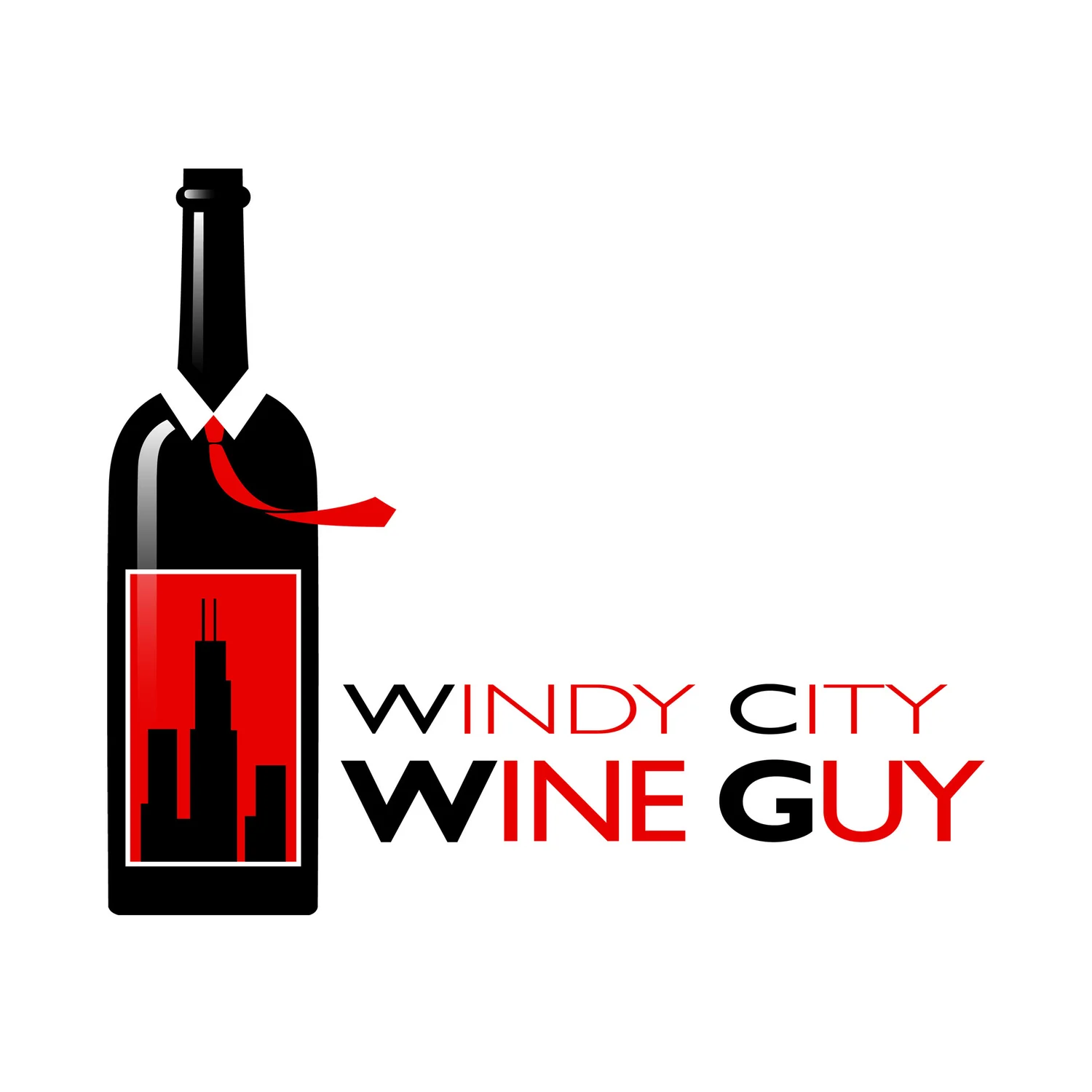Sommelier Certifications
/ Becoming certified in a professional area is not only important, but also very difficult. This is no easy task in the wine industry. There are many agencies and certificates for sommeliers and wine professionals to pursue, for example, the International Sommelier Guild, the Court of Master Sommeliers, and the Wine and Spirits Education Trust. I have a number of certifications, and just last week I was on my way to West Palm Beach, Florida, to obtain my second certification from the Court of Master Sommeliers.
Becoming certified in a professional area is not only important, but also very difficult. This is no easy task in the wine industry. There are many agencies and certificates for sommeliers and wine professionals to pursue, for example, the International Sommelier Guild, the Court of Master Sommeliers, and the Wine and Spirits Education Trust. I have a number of certifications, and just last week I was on my way to West Palm Beach, Florida, to obtain my second certification from the Court of Master Sommeliers.For this certification, I had to concentrate and hit the books really hard. I used Sales and Service for the Wine Professional by Brian Julyan, The World Atlas of Wine by Hugh Johnson and Jancis Robinson, and The Sotheby's Wine Encyclopedia by Tom Stevenson. These books are not just a wealth of information, but they give maps, detail, tips, and pointers in many areas, especially in the world of wine. You will learn about vintages, terroirs, producers, and styles.
Now, certifications are not necessary, as I have met many sommeliers without them, but I believe them to be important tools. They not only sharpen your skills, but they also give you a source of pride and accomplishment. They are also useful in the fact that you meet and learn from knowledgeable and experienced masters of the profession. This is invaluable and cannot be learned in a book- I highly recommend the certified route.
When I arrived in Florida, I locked myself in my room at the West Palm Beach Crowne Plaza, and immediately crammed for my exam the next day. I took a break and traveled to Publix, a local souteastern grocery store, for some cheese, bread, and wine. I purchased two bottles, one for that night, and one to celebrate my certification, hoping I wasn't being too overconfident! The selections were slim, but I found a couple of good reds under $15: Columbia Crest Grand Estates Merlot and Casillero del Diablo Cabernet Sauvignon.
The next morning I took a ride out to The Breakers Palm Beach for my exam. The test was divided into three sections: a written, a blind tasting, and service with an oral examination. It all was difficult, but I marched out with my new certification! I went back to the hotel to relax my brain, and later headed out to a nearby seafood establishment, Legal Sea Foods, to have some sparkling wine and oysters to celebrate. It was a good time, but nothing beats an exam in Chicago with some great local celebration!


